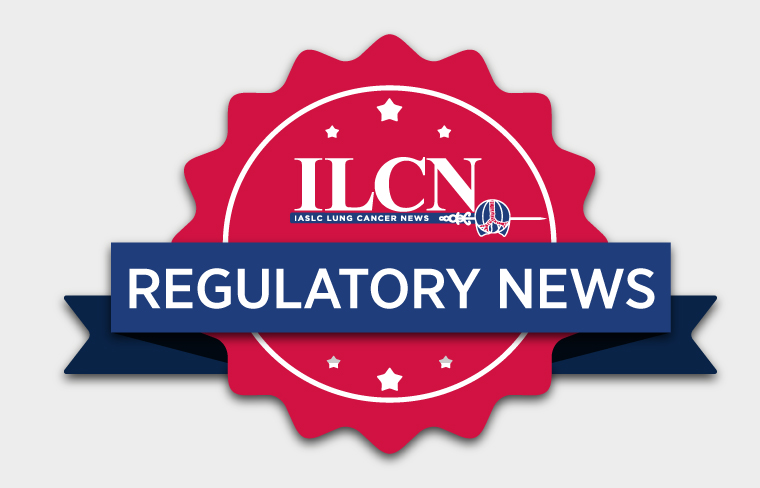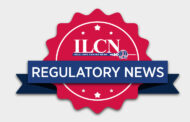
FDA Issues Draft Guidance on the Use of AI for Biological and Drug Product Submissions
The US Food and Drug Administration (FDA) has released its first guidance on the use of artificial intelligence (AI) in the development of drugs and biological products.
The use of AI by the FDA in drug development and regulatory submissions has been on the rise since 2016. AI can also be used to generate data regarding the safety and efficacy of a drug, predict patient outcomes, and deepen the understanding of disease progression.1
The guidance provides a risk-based framework for determining the credibility of an AI model within a specific context of use, defined as how the AI model is used to address a particular question, according to the FDA.1 The approaches outlined are largely based on processes established by the FDA for utilizing AI to review drugs and biological products.1
The draft guidance, titled Considerations for the Use of Artificial Intelligence to Support Regulatory Decision-Making for Drug and Biological Products, is open for public comments until April 7, 2025. The FDA will review all submitted comments before finalizing the guidance.
China’s NMPA Grants Priority Review for the Combination of Savolitinib and Osimertinib
Savolitinib, in combination with osimertinib, has received priority review from China’s National Medical Products Administration (NMPA) for the treatment of EGFR-mutated non-small cell lung cancer (NSCLC). This decision is based on data from the phase III SACHI trial, which met its primary endpoint of progression-free survival (PFS) as assessed by investigators.2
The study enrolled patients between ages 18 and 75 with histologically or cytologically confirmed unresectable, locally advanced, or metastatic stage IIIB, IIIC, or IV NSCLC that was not suitable for radical concurrent chemoradiotherapy.2 Additionally, patients were required to have EGFR-sensitive mutations prior to receiving first-line EGFR-TKI therapy, as well as a MET amplification after disease progression following the first-line treatment.2
Enrolled patients were randomized to receive either pemetrexed combined with platinum on the first day of every 21-day cycle or savolitinib orally once daily in combination with osimertinib orally every 3 weeks until disease progression, death, an adverse event (AE) leading to discontinuation or withdrawal of consent.2
Nivolumab and Hyaluronidase-Nvhy Receive FDA Approval for Subcutaneous Injection
The FDA has approved the subcutaneous injection of nivolumab and hyaluronidase-nvhy for a range of indications that include NSCLC, esophageal carcinoma, and melanoma, following the CHECKMATE-67T study.
This randomized, open-label trial assessed the efficacy of subcutaneous nivolumab and hyaluronidase-nvhy in patients with advanced or metastatic clear cell renal cell carcinoma who had not received more than two prior treatment regimens.3
The trial randomized 495 patients to receive either subcutaneous nivolumab combined with hyaluronidase-nvhy or intravenous nivolumab.3 The primary objective was to assess the nivolumab exposure from the subcutaneous administration of OPDIVO QVANTIG compared to intravenous nivolumab, while the key secondary objective was to evaluate the overall response rate (ORR).3
The ORR was 24% (95% confidence interval [CI]: 19-30) in the subcutaneous nivolumab and hyaluronidase-nvhy arm, compared to 18% (95% CI: 14-24) in the intravenous nivolumab arm.3
Resources:
- 1. https://www.fda.gov/news-events/press-announcements/fda-proposes-framework-advance-credibility-ai-models-used-drug-and-biological-product-submissions
- 2. https://clinicaltrials.gov/study/NCT05015608#collaborators-and-investigators
- 3. https://www.fda.gov/drugs/resources-information-approved-drugs/fda-approves-nivolumab-and-hyaluronidase-nvhy-subcutaneous-injection





